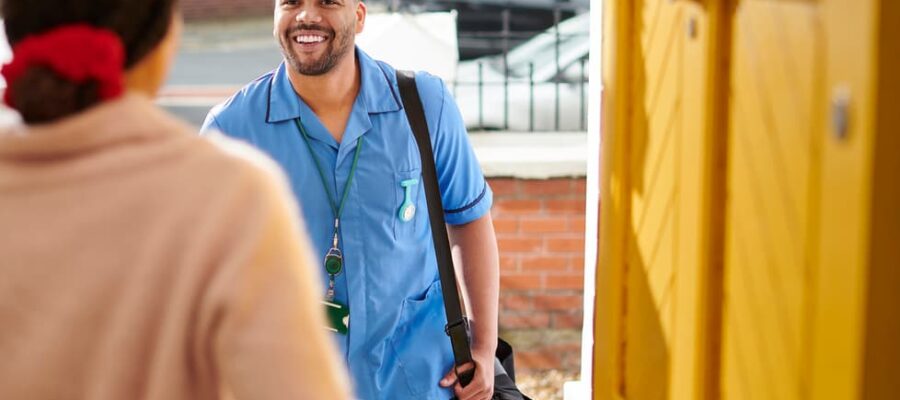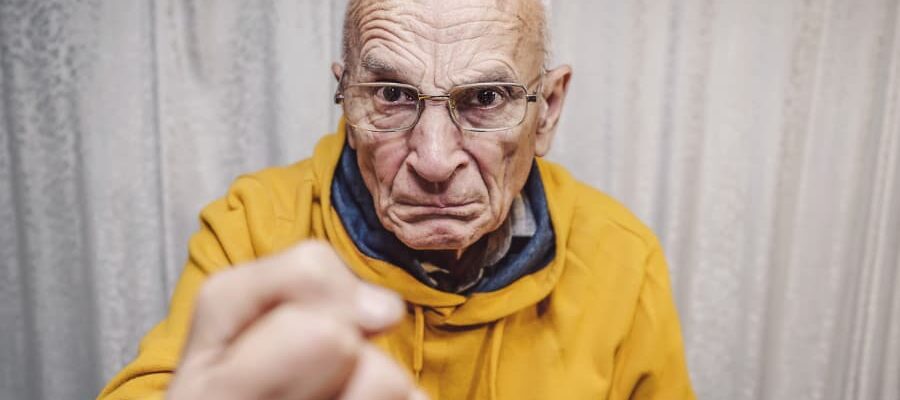Caregivers play a critical role in the care and well-being of others. They provide varying degrees of assistance for those who are no longer able to safely care for themselves. The duties of a caregiver include aid with personal care, homemaking, lifestyle support, and more. To successfully perform caregiver duties and enrich the lives of others requires specific skills.
Here, Liberty Resources Home Choices, a home care agency serving seniors and people with disabilities in the Philadelphia metro area, discusses the essential skills caregivers should have and provides tips for developing and honing them.
Communication
Almost every duty performed by a caregiver requires communication. Caregivers must be able to effectively communicate with the person in their care to understand their needs. Certain medical conditions can limit a person’s ability to communicate through traditional means of speaking and writing. Having effective communication skills is vital for filling in the gaps. Additionally, good communication helps avoid confusion between different caregivers and is essential for creating a healthy, trusting relationship with the person.
When communicating with a person in your care, the best way to convey a message is often the simplest. Improving communication skills can be accomplished with the following strategies:
- Keep the person in mind when communicating
- Consider the best approach to deliver your message
- Always make eye contact when communicating
- Read and understand nonverbal cues
Problem-Solving
When providing care for someone, things don’t always go according to plan. The health and wellness of a senior or person with disabilities can change in an instant. In these situations, problem-solving is essential for a caregiver. This profession requires you to be able to act quickly and appropriately as plans change. Having this skill not only involves knowing how to resolve certain scenarios but also entails being flexible and having the ability to stay calm.
Becoming a better problem solver involves learning to determine the right approach. When reacting to a problem, the caregiver should follow these steps:
- Identify the problem
- Determine the cause of the problem
- Find multiple solutions
- Identify the solution that works best
- Implement the solution
Empathy
Caregiving is a selfless profession. You must always put the needs of the person in your care before your own. Aging and the effects of medical conditions can be very challenging for seniors and other people. Connecting with people in your care and truly understanding the difficulties they face during these times requires empathy. By showing kindness and making them feel respected, you’ll forge a strong relationship, making it easier to provide the best care.
Becoming more empathic can be accomplished by asking questions to get a better understanding of what the person is going through and by imagining yourself in their shoes.
Patience
Being a caregiver is an extremely rewarding profession. However, it’s often associated with challenges that can test your patience every day. Having patience helps caregivers set aside their frustration and provide the best possible care.
Tips for improving patience include the following:
- Be present in the moment
- Learn to accept circumstances
- Practice being a good listener
- Build a tolerance for feeling uncomfortable
Learn More About Caregiver Duties and Necessary Skills
Being a caregiver for a senior or person with disabilities involves providing a variety of services that require specific skills. At Liberty Resources Home Choices, our caregivers are committed to delivering top-quality care to individuals who can no longer help themselves. Those in the Philadelphia metro area interested in the profession and wishing to learn more about caregiver duties and skills should contact us today.




